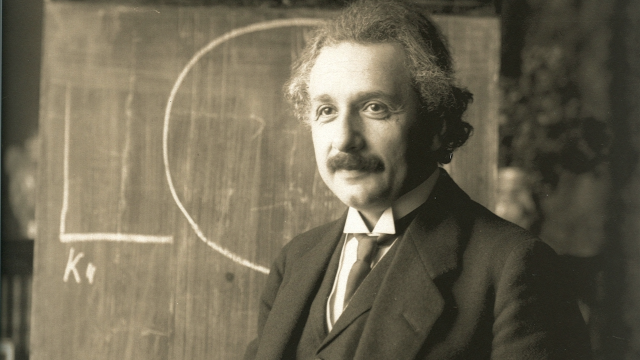Atheists seen as immoral, even by fellow Atheists, reveals new study

A new study, notably titled “Global evidence of extreme intuitive moral prejudice against atheists,” claims that atheists are more readily suspected of bad deeds than Christians, Muslims, Hindus or Buddhists. Even other atheists tend to have the same biases against fellow atheists.
To the researchers this indicates that while the world may be getting more secular, there is still a prevailing view that people cannot be moral and will do bad things if they don’t live in fear of punishment from an omnipotent, all-knowing God.
But does morality require faith? Writing in the journal Nature Human Behavior, the researchers say that the study points to the fact that “across the world, religious belief is intuitively viewed as a necessary safeguard against the temptations of grossly immoral conduct.” Their study shows, they argue, that “atheists are broadly perceived as potentially morally depraved and dangerous”.
The study reflected attitudes of over 3,000 people in 13 countries. These included secular countries like China and the Netherlands as well as countries with many religious believers like India, the United States and United Arab Emirates. Different faiths were represented as some of the countries had predominantly Christian, Hindu, Muslim and Buddhist populations.
The study’s participants had to react to a fictional situation where they were told to judge a serial killer who mutilated homeless people. Tellingly, when they had to guess the likelihood of the evil character being an atheist or a religious believer, the participants were twice as likely to suppose the sadistic serial killer was an atheist.
They study’s co-author Will Gervais, a psychology professor at the University of Kentucky in Lexington, told AFP that remarkably “even atheists appear to hold the same intuitive anti-atheist bias.”
“I suspect that this stems from the prevalence of deeply entrenched pro-religious norms,” he added. “Even in places that are currently quite overtly secular, people still seem to intuitively hold on to the belief that religion is a moral safeguard.”
There were two secular countries, Finland and New Zealand, where the experiment did not show conclusive enough evidence of an anti-atheist prejudice. The more religious a country, the stronger its distrust of atheists.
The researchers hope their study will be an advance “in explaining the prevalence of anti-atheist attitudes.” That’s important, they point out, because “in many places, atheism can be dangerous, if not fatal.”
You can read the study here, in Nature Human Behavior.





